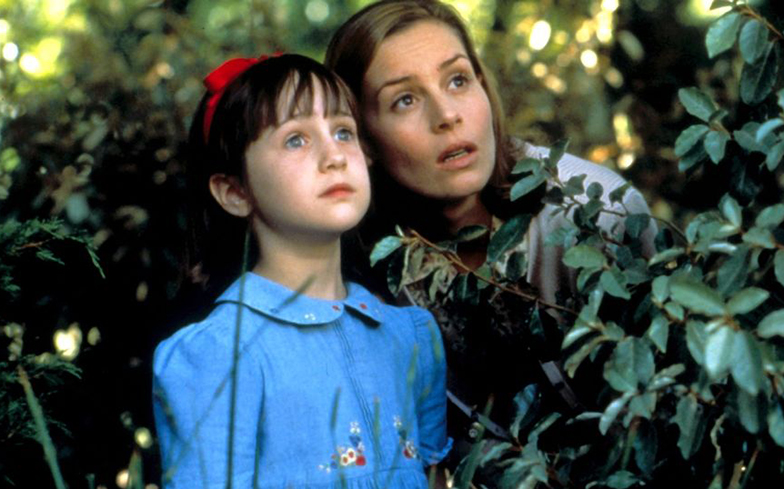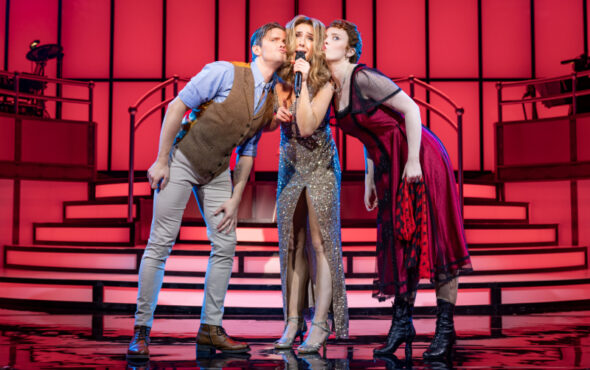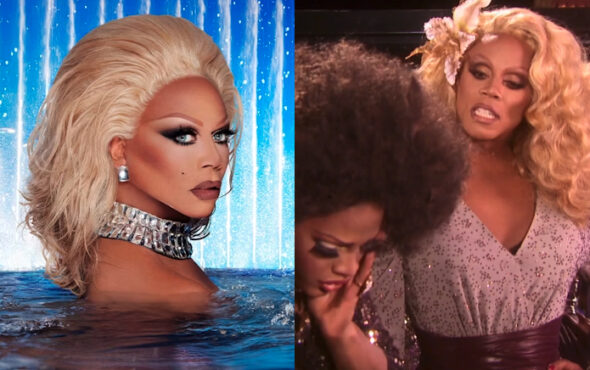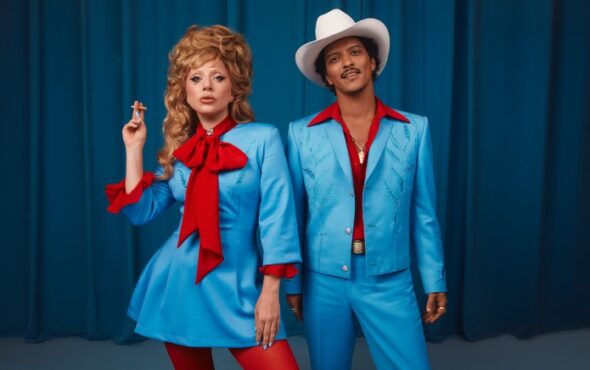
We still love Matilda.
The 1996 big-screen adaptation of Roald Dahl’s iconic novel is one of the most beloved children’s films of all time, but there’s no denying that the film has an extra strong connection for members of the LGBTQ community.
Why is that? Well, the film’s star Mara Wilson – who came out as bisexual/queer in 2016 – has a theory, as she gave the perfect response when a fan asked why lesbians love Matilda so much on Twitter.
“It was one of the few children’s films to show a strong, resilient female character overcome adversity and a family that did not understand her to create her own family and her own happiness through hard work and friendship,” she wrote.
But that’s not the only reason why they love it, as we’re sure many queer women will attest.
“Also, they all have crushes on Miss Honey,” she added.
It was one of the few children’s films to show a strong, resilient female character overcome adversity and a family that did not understand her to create her own family and her own happiness through hard work and friendship.
Also, they all have crushes on Miss Honey. https://t.co/E69yR3pfmG
— Mara Wilson (@MaraWilson) June 27, 2018
She later added: “I am very cool with this, by the way! And I was even before I was out.”
I am very cool with this, by the way! And I was even before I was out.
— Mara Wilson (@MaraWilson) June 27, 2018
Mara initially came out as bisexual following the horrific mass shooting at LGBTQ nightclub Pulse in Orlando in June 2016, although in a recent interview she said she prefers the label “queer” but doesn’t mind being called bisexual.
“I think that if you’re in a place of security and privilege – which I can admit that I am – it’s important for you to [come out],” she told Lamda Legal, an American civil rights organisation that focuses on members of the LGBTQ community.
“I don’t see myself as anybody’s saviour, but I’d rather it were me – who can afford therapy and afford this platform – getting harassed for being who I am than a young LGBTQ kid. I think that’s important.”
She also said she has faced discrimination for being a bisexual woman, and addressed the unfair stereotypes surrounding that identity.
“There’s definitely a stigma. One of the reasons I didn’t come out for a very long time was because I grew up hearing that bisexual girls were ‘crazy’. I heard that all the time,” she continued.
“I heard that bisexual girls were ‘crazy’, they were greedy, they were selfish and they caused drama. They were the worst. They wanted attention.”



